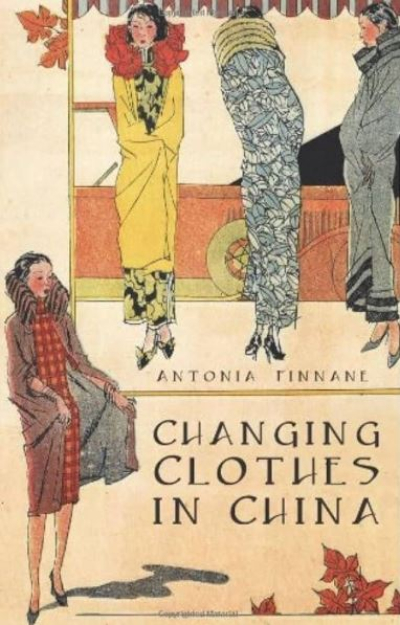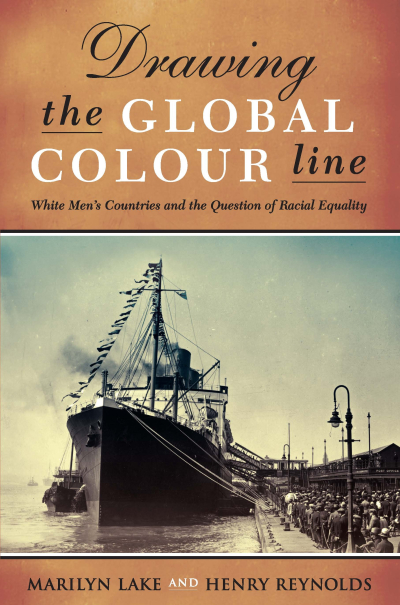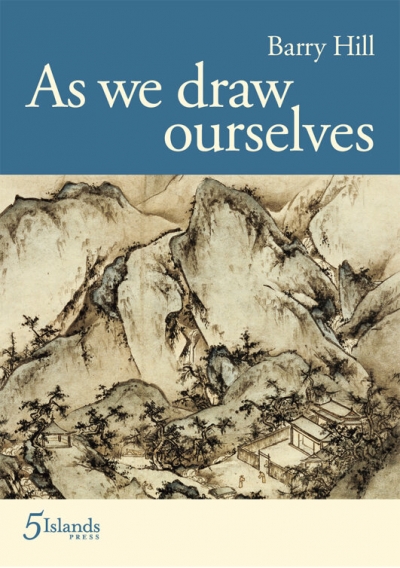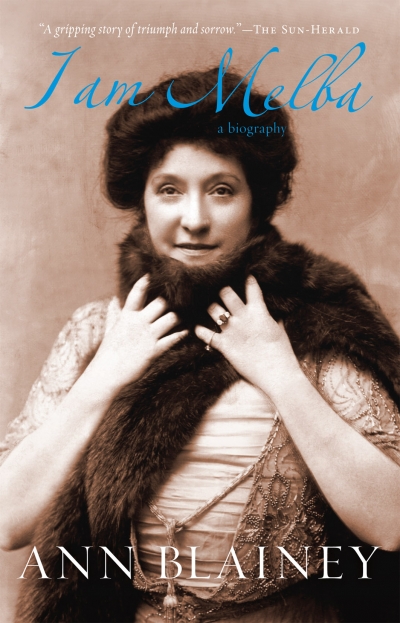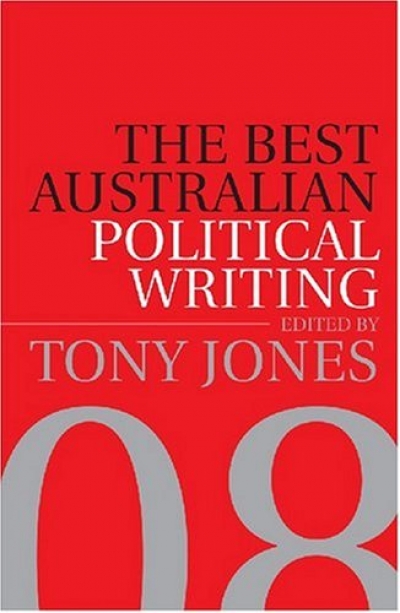Archive
If between one footfall and the next, the wind
can swivel and issue empty threats of rain,
for all we know this could be one of those days,
unpinpointable even in retrospect,
when a dimly held belief begins to melt,
say the belief that it’s somehow generous
to assume that everyone’s rather like you.
An open-ended day promising nothing,
but just as full of zipjams, language splashes
and thixotropic flows, lost somewhere between
the day you realised you wouldn’t always
have to pretend to be interested in X
(opera, hot cars, Buffy Summers, poetry)
Who exactly is available to tell us the story of our minds?
If I dream of an estuary called ‘Ephemeral Waters,’ an optimum of spectral love
anyone might allude to their misgivings. Or it’s interpersonal, the tide finds
its way round the three islands, flowing away from negative emotions, some remove
their shoes at the door, others talk of auras, or the portals of youth, the mark
This is a song of the white.
The multitude or the pattern.
The rose or the wind.
A woman who begins,
a woman who disappears.
a woman drinking blossom’s shadow.
John Button was rare man, rare for any time, any place and in any calling. The public face – the Senator John Button, long-time Leader of the Government in the Senate, the hands-on, hard-hat minister of the Button car plan, the policy innovator and party reformer, the straight talker, unbridled political wit, notorious doodler, note writer, and scribbler of politically incorrect postcards to Senator Bronwyn Bishop (imagine it!) – that is the John Button Australia knows. His achievements have been many and they are exemplary.
... (read more)
